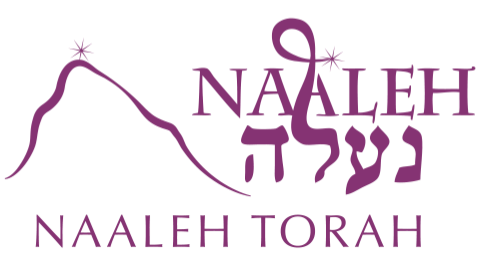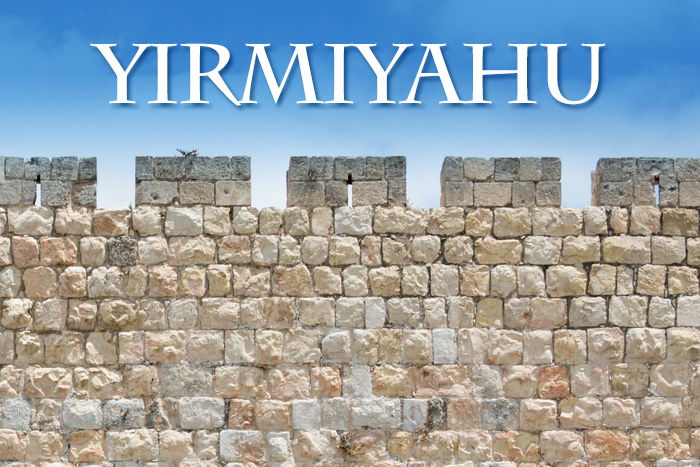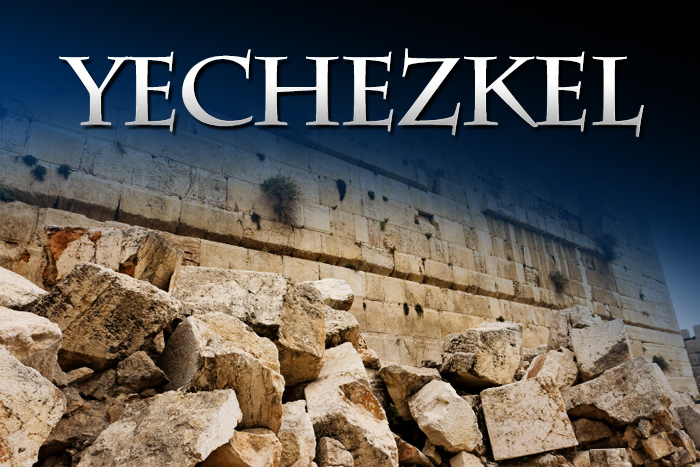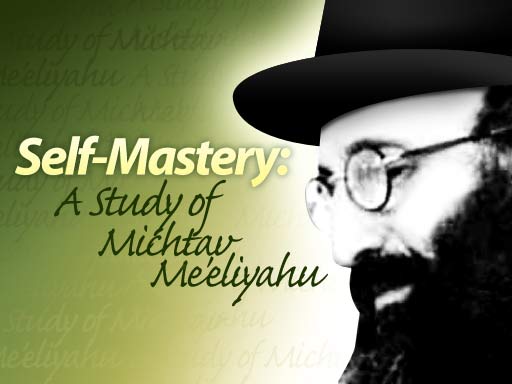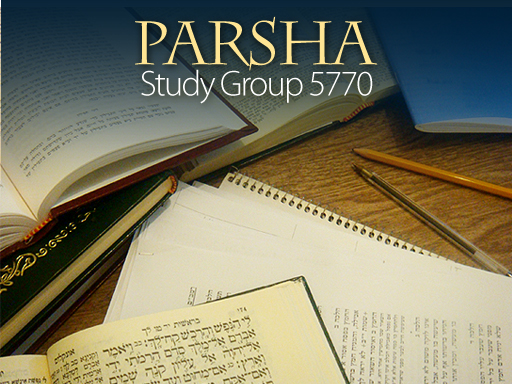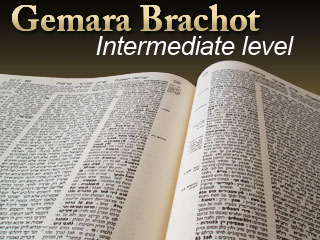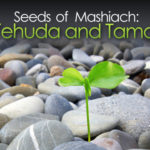Dual Flames
Posted onOn Parshat Vayigash, Mrs. Shira Smiles explores the Midrash on the Passuk that says that Yaakov sent Yehuda ahead to Egypt. He was sent ahead to Egypt to make this havdala between the holiness of living a Torah life and the darkness of Egypt.
